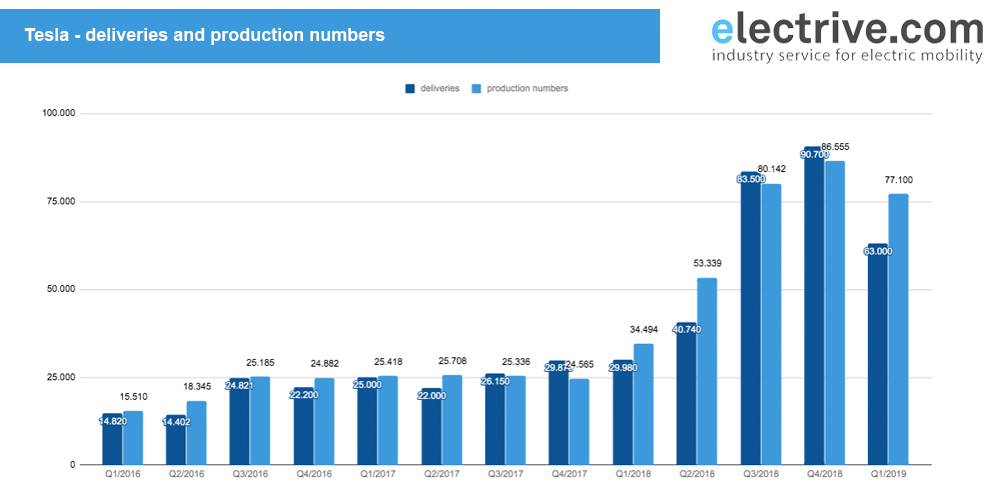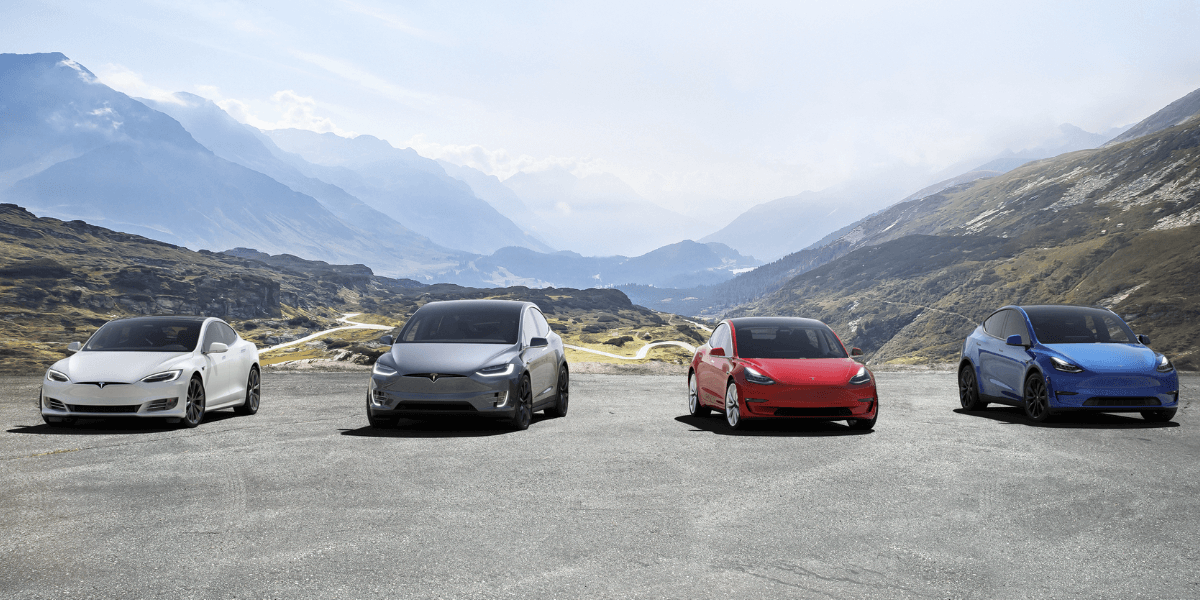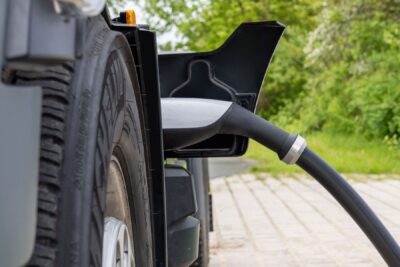Tesla reports loss in Q1, many deliveries to shift into Q2
The Tesla earnings call is out only this time it is a loss for the first time in two quarters. The electric car company reports a net loss of $702M, including $188M of non-recurring charges but also cash of $2.2 billion. The loss had been expected with Tesla saying they focussed the “attention on growth of our vehicle production and deliveries”.
Deliveries have also been delayed due to what Tesla calls “unforeseen challenges” such as a slower ramp-up as well as issues with the supply chain. This resulted in deliveries at only “half of the quarter’s numbers ten days before the end of the quarter,” according to the letter to investors. Ultimately this caused a large number of vehicle deliveries to shift into Q2.
Tesla attributes the losses to the fact that Q1 pricing actions on the Model S and X incurred a net $121 million loss, also due to higher return rates. Another $67 million went into a combination of restructuring and other non-recurring charges.
In terms of actual deliveries, Tesla had released the Q1 numbers beforehand. Tesla delivered around 63,000 vehicles in the first quarter of 2019, including about 50,900 Model 3 and 12,100 Model S and Model X. This corresponds to an increase of 110 per cent compared to the same quarter last year, a decline of 31% YOY. Talking about a shift into Q2, Tesla claims another 10,600 Tesla electric cars were on their way to customers worldwide. Also in the latest earnings report, the company points to the overseas markets such as Europe and China so that in the end all deliveries were delayed.
Concerning this, Tesla says: “To quickly meet international demand, Europe and China Model 3 builds occurred in the first half of the quarter, with builds for local US markets in the second half. This wave of quarter-end deliveries in the US, China and Europe meant that even short delays caused deliveries to be deferred to Q2. To improve our operations, cost efficiency and customer experience, we are in the process of balancing our regional vehicle builds throughout the quarter.”

For buyer segments, Tesla says the Model 3 was “the best-selling premium car in the US in Q1, outselling the runner-up by almost 60%” and counts this down to the price point. Also introducing the lower range versions of the electric car, that is the Model 3 Standard Range, and Standard Range Plus led to 69% of trade-ins of non-premium vehicles. On the other hand, the Model S and Model X now incorporate the next generation of powertrains, leading to more extended range and better performance (we reported). The latter update appears to have been much needed as deliveries of the premium models notably declined. In the first quarter of this year, Tesla produced 77,100 vehicles, of which 62,950 were Model 3 and 14,150 Model S and Model X. Comparing this to Q4/2018, Tesla produced a total of 34,494 cars, which included 9,766 Model 3 and 24,728 Model S and Model X.
For the future of production, Tesla expects to build on learnings not only in terms “mass manufacturing but also about capital efficiency”. The Model 3 is considered the first step of a platform which Tesla plans to “cost-effectively and quickly replicate across geographies and vehicle types”. In concrete terms, this means the upcoming Model Y and of course the Gigafactory 3 in Shanghai where Tesla expects to “build a second-generation Model 3 line in China that we expect will be at least 50% cheaper per unit of capacity than our Model 3-related lines in Fremont and at Gigafactory 1. Our Model Y manufacturing capacity will have the same simplicity as the line planned for Gigafactory Shanghai”.
Lastly, a look at the Californians’ supercharger network: 69 locations with 765 charging points were added in the first quarter. Tesla now operates over 12,767 Superchargers and 22,399 Destination Chargers worldwide.





0 Comments